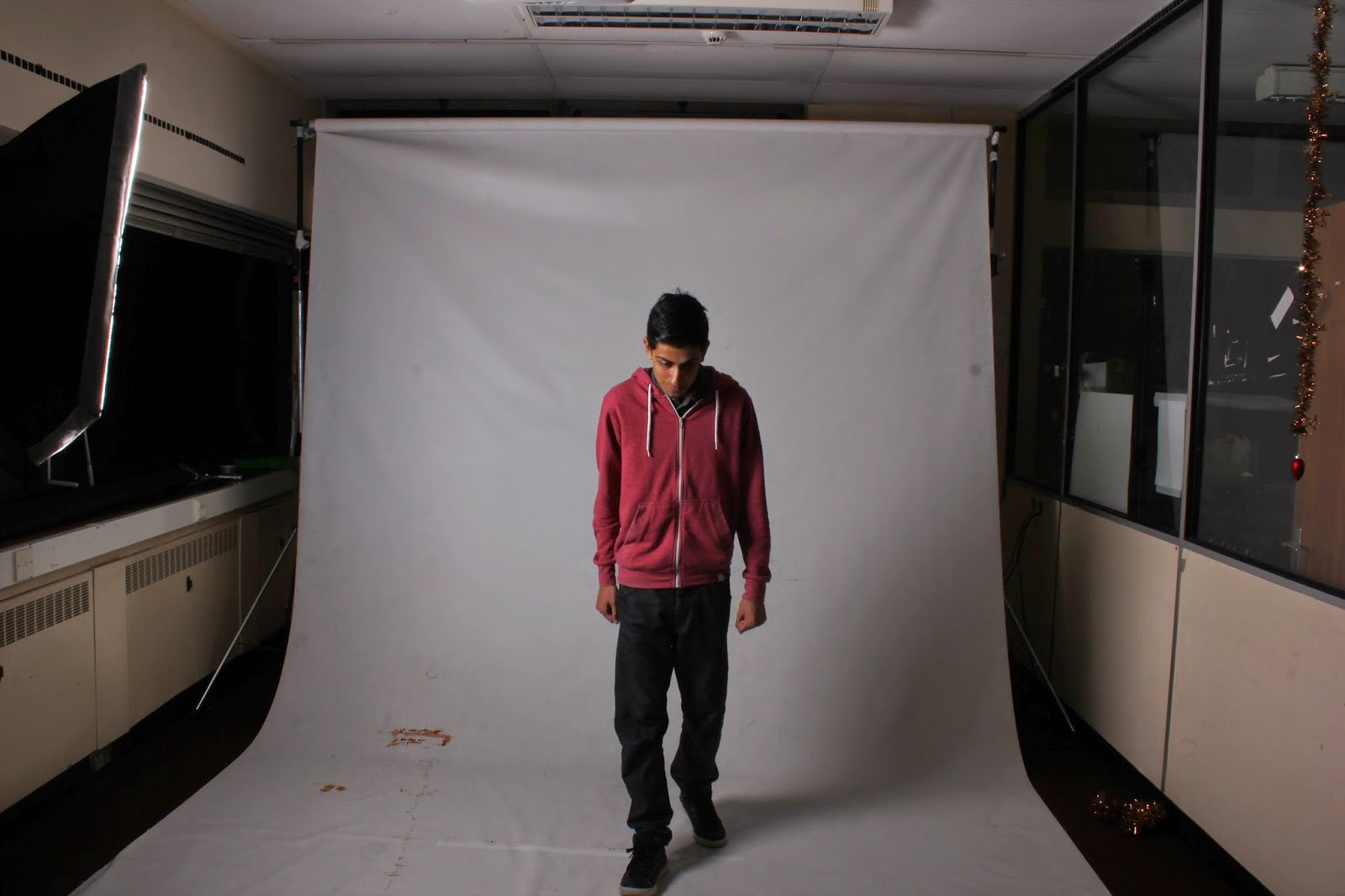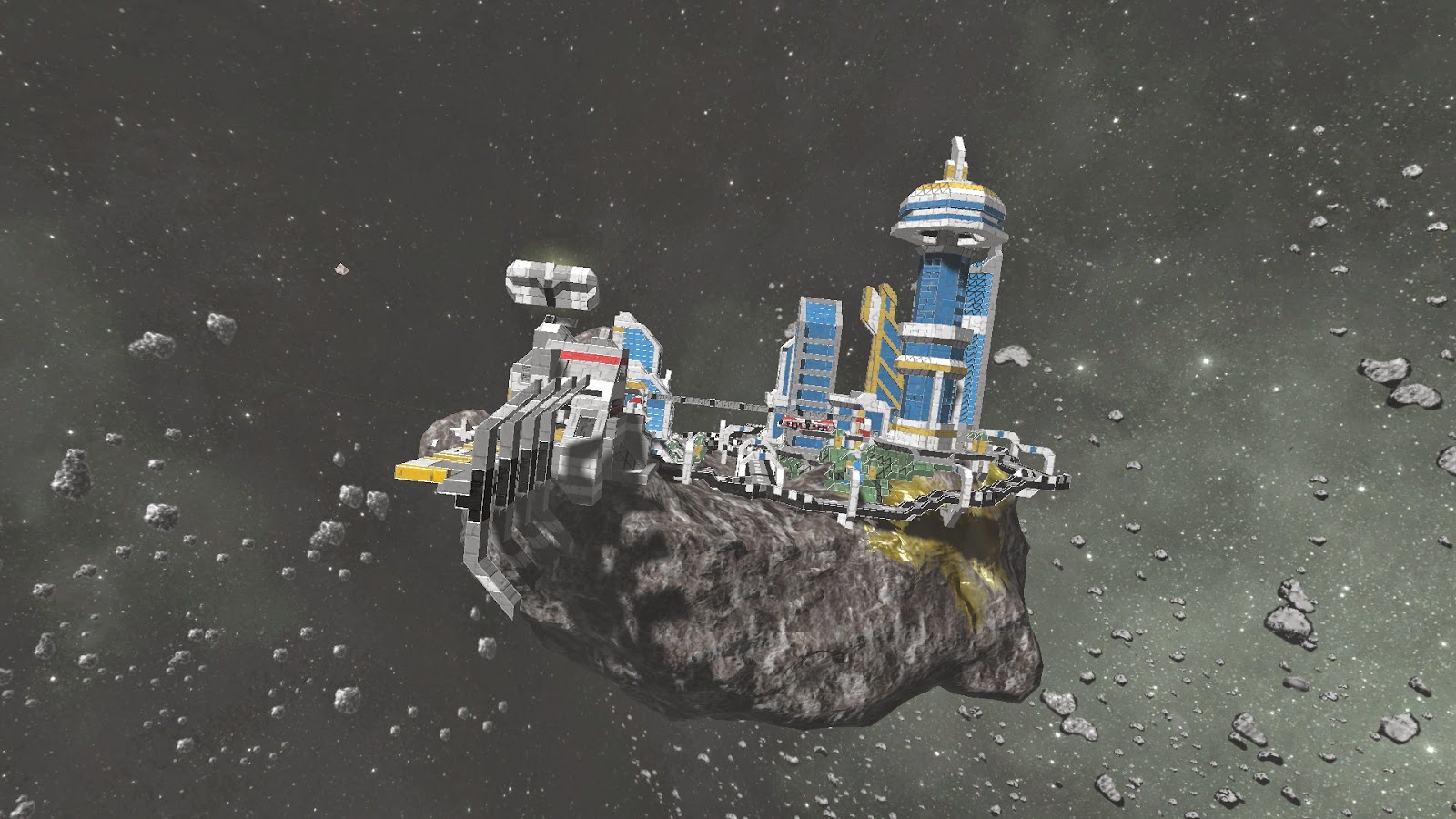the below photos are the indivdiual photos used in this poster
joshua l3 photo
Thursday, 5 June 2014
Thursday, 8 May 2014
Thursday, 13 March 2014
Thursday, 21 November 2013
Fashion photography
fashion photography
1. The difference between fashion photography and portraiture photography is thus, portraits focus on the character, the actual model and possible some background objects, but mostly treat the person as the priority and attempt to portray their humanity, where as Fashion photography is focused on selling items such as bags or clothes and the model is treated as just another object to be painted and used.
2. Image manipulation is very common in fashion photography utilised to present the objects as almost perfect really. however this is not just in fashion photography, almost all forms of print media utilise some form of manipulation, and while this has always been available, in recent years it has become significantly easier due to the advancement of technology and has been easily misused. while manipulation can be used for simple fixes to mistakes made during the photo shoot (ex: increasing brightness to make for low exposure) it has more commonly been used to enhance the picture beyond any realistic means. (ex: glazing over meat to make it look extremely appetising)
| example image of manipulation, the (I guess) senator has been replaced with a working member of the public in order to provide more public approval of Barrack Obama |
3:Fashion photography as seen in the documentary, appears to be split between the creative side of things (a desire to present images as best as humanly possible) and the commercial side. (a demand to put more emphasis on expensive or brand named items to encourage people to buy them) during the film, Anna Wintour, editor of vogue magazine, and Grace Coddington, creative editor, repeatedly argued about the inclusion of several photos and costumes. (eg: one photo making the person look pregnant, a costume missing a fur hat to go with it) it is possible that Anna during these examples, has signed deals with clothes makers to include more of their product line.
Saturday, 16 November 2013
Portiture
Richard Avedon - portraiture
In recent years, people's portraits have changed. taking a portrait involved the use of a paint brush and extreme care which took a long time and the subject was able to take any pose they wanted. nowadays portraits are taken with cameras and whist people still try to arrange themselves for how they want their picture to turn out, realistically many photographers attempt to catch their subject off guard providing a more dynamic portrait. one such photographer is Richard Avedon.Richard Avedon, born in 1923, was up until his death in 2004, a very successful photographer receiving awards like the "Royal Photographic Society's Special 150th Anniversary Medal." he began by creating very creative fashion photos and branched out into portraiture photos of famous politicians.
He preferred a minimalist approach to his photos. mainly he only used a white backdrop and attempted to portray human emotions by asking awkward or uncomfortable questions of his subjects and than taking the photo while they thought about it.
 |
| portraiture picture of Arnold Schwarzeneger |
Wednesday, 16 October 2013
comparision of Robert Capa and Tony Vaccaro
When World War II began, Robert Capa and Tony Vaccaro were, surprisingly in the same city of New York. However Robert Capa photographed (at first) for Collier's Weekly alongside allied troops, where as Tony Vaccaro was drafted as a scout giving him ample opportunity to photograph.
Robert Capa was well prepared for photography with two contax II cameras and plenty of spare film where as Tony Vaccaro had only a cheap Argus C-3 and had to acquire film in the field and develop the photos there.
| image from http://www.magnumphotos.com |
| image from http://www.military-history.org |
information gained from
www.wikipedia.org
http://www.military-history.org/
http://www.leegallery.com
Henri Cartier Bresson
Using the (at the time) relatively new (and expensive) Leica III, he was able to pull off shots such as this one.
| photo from www.magnumphotos.com/ |
information from wikipedia used for this post
Subscribe to:
Comments (Atom)














